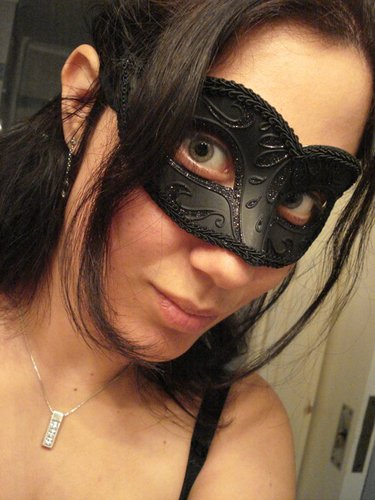

He publishes new information from interviews with her ``toy boys,'' the lovers she had in middle age, and Rogev Bencze, who investigated the fatal car crash.

``Grace had become everybody's doormat,'' says Lacey. Rainier was mean and moody her children were mean and spoiled. The prince's mother arrived at the royal wedding with her newest prot‚g‚, a paroled jewel thief, and decided immediately to despise Grace. Apparently her dysfunctional family couldn't hold a candle to Rainier's. Constitution for Monaco, her life's a downhill proposition. Grace makes it to the top, but once she boards the U.S.S. There are spicy anecdotes and good Hollywood gossip. Much is made of the fire-and-ice duality of Grace's character: docile in a Junior League cashmere coat and then dancing naked to Russian music in front of her lover. Grace had a series of affairs with older men, including Clark Gable, Oleg Cassini, William Holden, and Philippe of the Waldorf. The animus of Grace's life appears to have been her handsome, authoritarian father, Jack Kelly, champion oarsman and head of Kelly for Brickwork. Terms like ``inner child,'' ``enabler,'' and ``empowering'' bring her biography into the '90s, as does Lacey's insistence on allowing a more honest portrait of Grace to emerge from the ruin of illusion. Lacey (Little Man, 1991, etc.) paces through her life, step by step, explaining why Grace did this and why Grace did that, and what it all meant. Even in her Mon‚gasque tomb, Princess Grace, the former Gracie Kelly of East Falls, Pa., receives as many as 9,000 visitors a day. Regrettably, Lacey overanalyzes, dumbing down a well-researched effort. A highly readable and workmanlike history of Grace Kelly- still one of the saddest stories ever told.


 0 kommentar(er)
0 kommentar(er)
